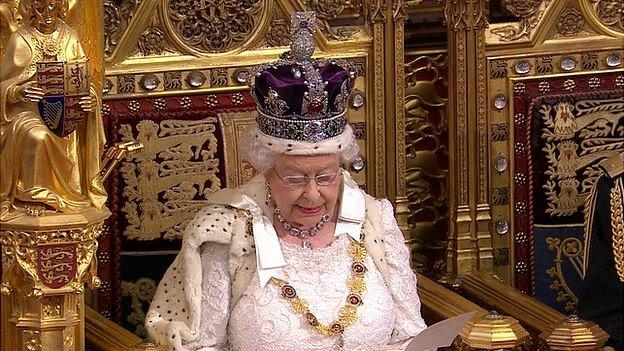Queen's Speech 2015: Bill-by-bill
- Published
The government's legislative plans for the year ahead have been unveiled in the Queen's Speech to Parliament. Here is a guide to the bills that were announced.
EU Referendum Bill
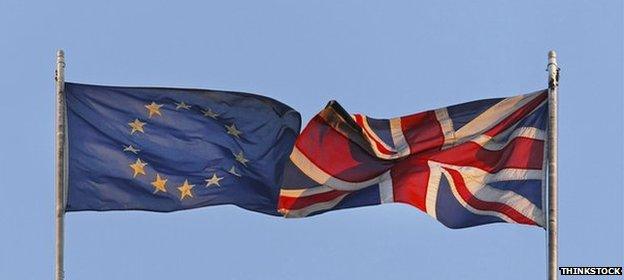
This will pave the way for an in/out referendum on Britain's membership of the European Union. David Cameron has promised to renegotiate Britain's relationship with the 28-member bloc and put it to a public vote by 2017 at the latest. There is speculation it could be held as early as autumn 2016.

Full Employment and Welfare Benefits Bill
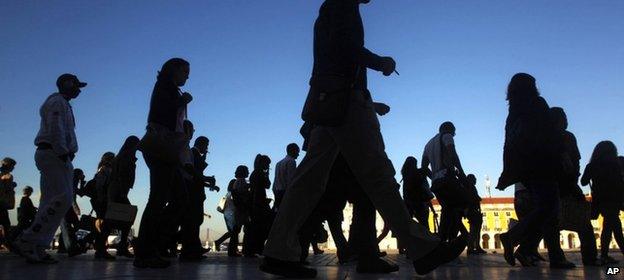
This bill, as the name would suggest, is designed to achieve full employment "and provide more people with the security of a job". The aim is for two million more jobs and three million new apprenticeships to be created. Ministers will be required to report annually to Parliament on their progress. The legislation will also implement a planned reduction in the welfare cap - from £26,000 to £23,000, and freeze working-age benefits, tax credit and child benefit for two years. As part of the government's welfare reforms, young people will be required to "earn or learn", with automatic entitlement to housing benefit for 18-21-year-olds scrapped.

Enterprise Bill

This bill will include measures to reduce regulation on small businesses in a bid to boost job creation. It will seek to cut red tape for British business by at least £10bn and, for the first time, require independent regulators to contribute to that target. In addition, it proposes to create a new Small Business Conciliation Service, to help settle disputes between small and large businesses, especially over late payment practices. The government also aims to improve the business rates system ahead of the 2017 revaluation, including by modernising the appeals system. And it proposes to introduce a cap on public sector redundancy payments. to six figures for the highest earners.

National Insurance Contributions and Finance Bill

This wide-ranging bill is designed to enact a series of tax pledges made by the Conservatives during the general election campaign. Specifically that there would be no rise in income tax rates, VAT or national insurance before 2020 and that "no one working 30 hours on the minimum wage pays any income tax at all". It will also enact a commitment to raise the threshold before which people pay income tax to £12,500 - a move ministers say will benefit 30 million people. The government says the purpose of the bill is to "reward those who work hard and do the right thing".

Childcare Bill

A Childcare Bill will include measures to help working people "by greatly increasing the provision of free childcare". Under the proposals, parents in England would be entitled to 30 hours a week of free childcare for their three- and four-year-olds, for 38 weeks of the year. Currently, they are entitled to 570 hours of free early education or childcare a year, which works out as 15 hours each week over the 38-week period.

Housing Bill
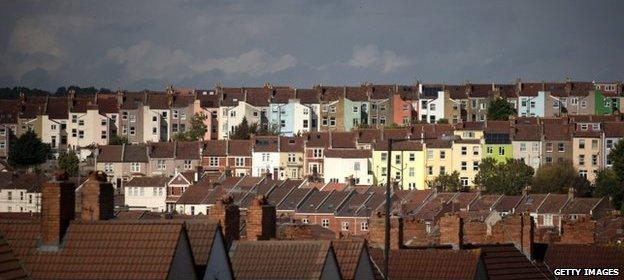
Plans to support home ownership and extend the right-to-buy scheme to 1.3 million social housing tenants in England feature in a new Housing Bill. Under the plans, housing association tenants will be able to buy the homes they rent at a discount. There will also be help for first-time buyers, with 200,000 starter homes made available to under-40s at a 20% discount. Both are commitments which were included in the Conservatives' general election manifesto. The government says the bill will increase the housing supply and ensure local people have more control over planning.

Energy Bill
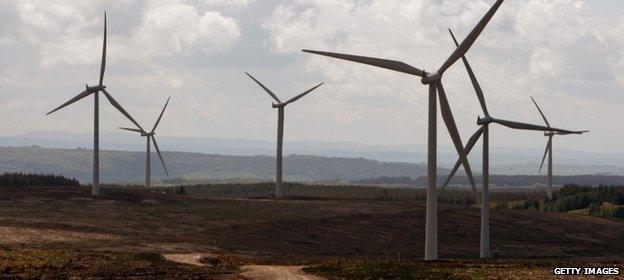
Measures will be introduced to "increase energy security" and ensure there will be "affordable and reliable energy for businesses and families". The government proposes to establish the Oil and Gas Authority as an independent regulator, charged with regulation of domestic oil and gas recovery. It would transfer responsibility for giving consent for any large onshore wind farms in England and Wales from Whitehall to local planning authorities.

Immigration Bill
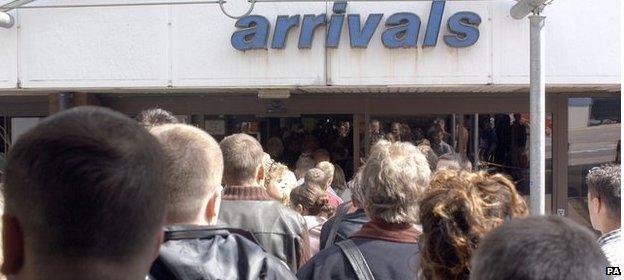
The government is promising to "control immigration" and put "hard-working British families first". Its Immigration Bill is designed to support working people, clamp down on illegal immigration and protect public services. Specifically, it will include a new offence of illegal working - with police given the power to seize the wages paid to illegal workers as the "proceeds of crime". There are also proposals to deal with unscrupulous landlords and to evict illegal migrants more quickly, while all foreign criminals awaiting deportation will be fitted with satellite tracking tags. It will also become an offence for businesses and recruitment agencies to hire abroad without first advertising in the UK - a policy which featured prominently in Labour's election manifesto - and a new enforcement agency will be set up to tackle what the prime minister called "the worst cases of exploitation"

Cities and Local Government Devolution Bill
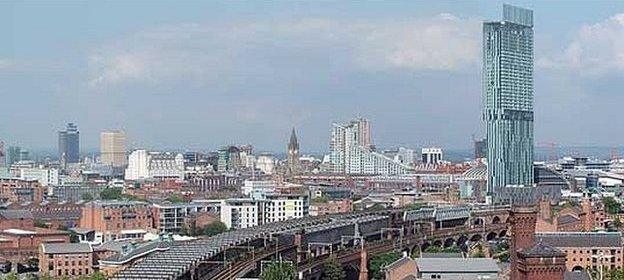
This paves the way for powers over housing, transport, planning and policing to be devolved to England's cities as part of government plans for "a balanced economic recovery". Cities that want them will be able to have elected mayors. Chancellor George Osborne has said previously that Greater Manchester - which will take on the powers when electing a mayor in two years - should become a blueprint for other large cities.

HS2 Bill
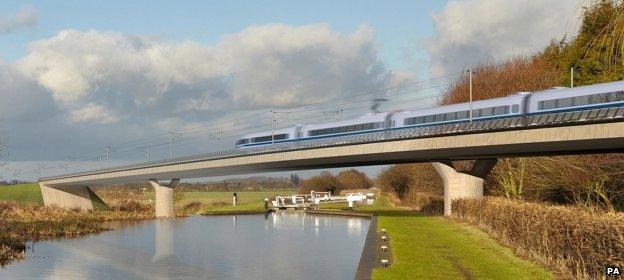
The government is pressing ahead with legislation that will eventually enable work to start on the £50bn HS2 high-speed rail link. Legislation which will give the government the legal powers to construct and operate the London to Birmingham first phase of HS2 is going through Parliament. If it progresses smoothly, it should receive Royal Assent around the end of 2016, with work beginning on the project in 2017, with a finishing date of 2026.

Scotland Bill
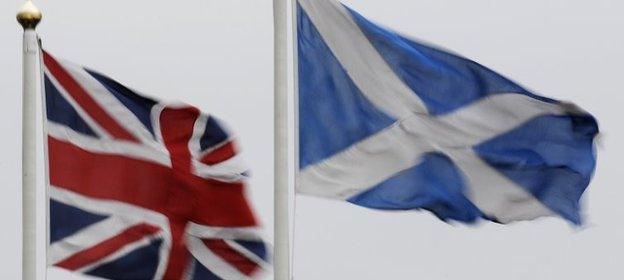
The government will press ahead with further Scottish devolution as part of plans to deliver "a strong and lasting constitutional settlement". The Scottish Parliament will be given new tax and welfare powers, under the proposals. It follows the recommendations of the Smith Commission on Scottish devolution.

Wales Bill
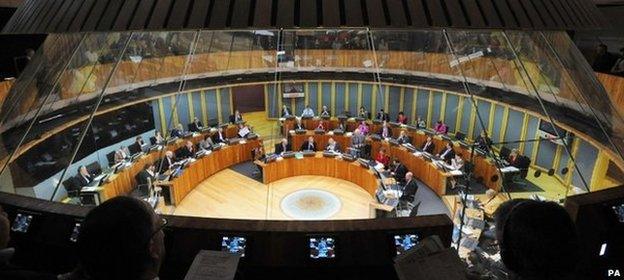
There will also be further devolution of powers to Wales, under the government's plans, including a new reserved powers model to clarify the division of powers between the Welsh Assembly and Parliament. The assembly will also be given more powers over energy, transport and local government elections in Wales.

Northern Ireland Bill
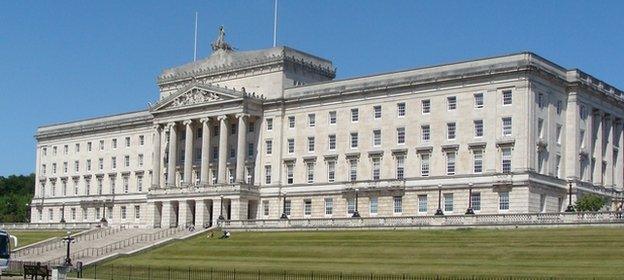
Continuing the devolution theme, there will be a bill to give effect to the Stormont House Agreement in Northern Ireland. It will provide for full and independent investigations into "unsolved Troubles-related deaths", the government says.

Psychoactive Substance Bill
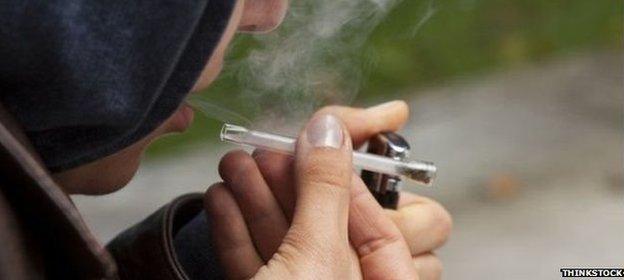
Legislation to introduce a blanket ban on so-called legal highs featured in the Queen's Speech. The government says the move is to "protect UK citizens from the risks posed by untested, unknown and potentially harmful drugs". It would be an offence to produce, supply, offer to supply, possess, import or export psychoactive substances. The proposal was included in the Conservatives' general election manifesto.

Extremism Bill
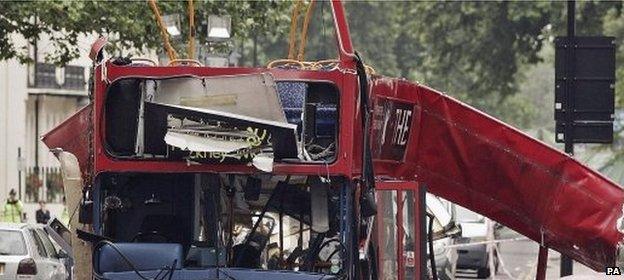
This includes measures to tackle broadcasting of extremist material. The government wants to strengthen watchdog Ofcom so that it can take action against channels that transmit extremist content. The legislation will also propose the introduction of banning orders for extremist organisations who use hate speech in public places, but whose activities fall short of proscription. A new power to allow police and local authorities to close down premises used to support extremism will also feature. And employers will be able to check whether an individual is an extremist and barring them from working with children.

Investigatory Powers Bill
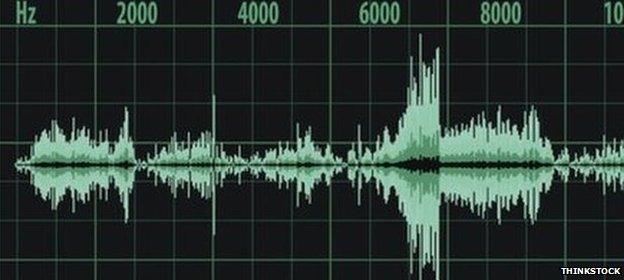
"New legislation will modernise the law on communications data," the speech said. An Investigatory Powers Bill will revive plans to give intelligence agencies new tools to target communications data - branded a "snooper's charter" by critics. The government says it will equip the police intelligence agencies with the tools to keep people safe.

Policing and Criminal Justice Bill
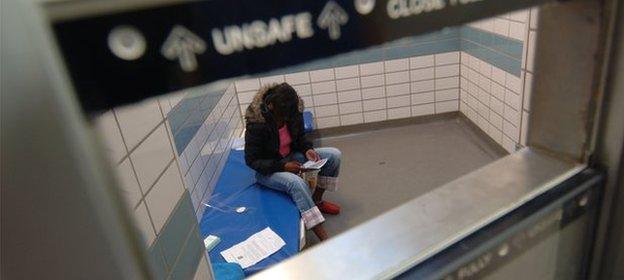
The government is promising to "improve the law" in this area to make communities "safer" and to "build confidence and improve efficiency" in the criminal justice system. It includes plans to reform pre-charge bail in England and Wales - with an initial 28-day limit, and to ban the use of police cells for the emergency detention of mentally ill people under the Mental Health Act. There are also proposals to reform the Police Federation in England and Wales, and plans to extend police-led prosecutions and overhaul the complaints system. Measures to beef up child protection also feature.

Trade Unions Bill
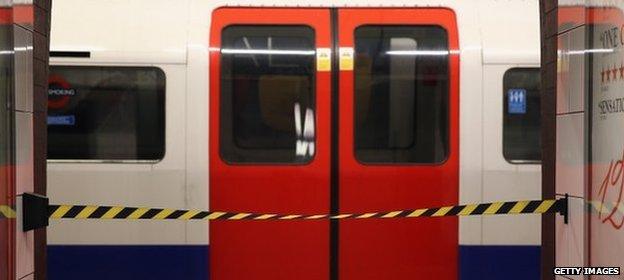
The main elements of the Bill are a 50% voting threshold for union strike ballot turnouts, and a requirement that 40% of those entitled to vote must back action in essential public services - health, education, fire and transport. Time limits will also be introduced on a mandate following a ballot for industrial action. The government says the aim is to ensure that strikes are the result of "clear, positive and recent decisions" by union members as well as ensuring that disruption to essential public services has a democratic mandate. There will also be the introduction of "a transparent opt-in process for the political fund element of trade union subscriptions", along the lines of the Northern Ireland system.

Education and Adoption Bill
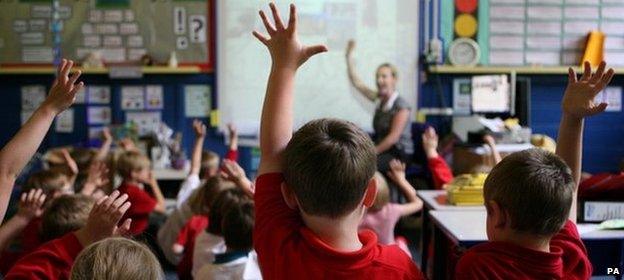
This bill is designed to raise standards in schools. Under the plans, new powers would be brought forward to speed up the process of changing a failing school's leadership and turning it into an academy. Those considered to be "coasting" - not performing as well as they could be - would also face being taken over. The bill will also give the education secretary new powers to force local councils to hand over their responsibilities for adoption to another authority or agency.

Armed Forces Bill
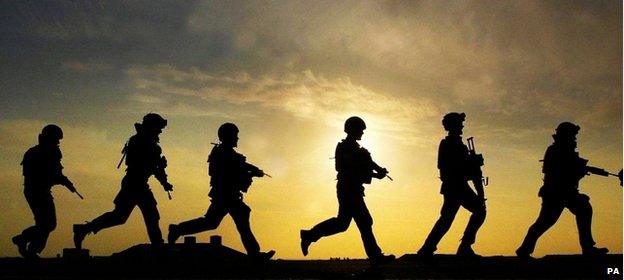
This bill is designed to continue in force the legislation governing the Armed Forces. It would also make provision for other defence matters. Read more details on gov.uk, external

Bank of England Bill
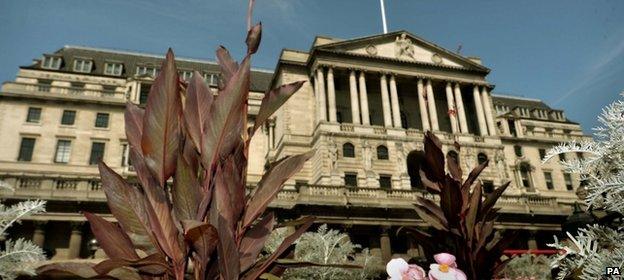
This piece of legislation is designed to "further strengthen" the governance and accountability of the Bank of England, according to the government. It will include measures working towards aligning monetary policy, macro prudential policy and micro prudential regulation. Read more details on gov.uk, external

Charities (Protection and Social Investment) Bill

Measures to protect charities from abuse and to strengthen the powers of the Charity Commission for England and Wales feature in this bill. It is also designed to enable charities to more easily undertake social investments. Read more details on gov.uk, external

Votes for Life Bill
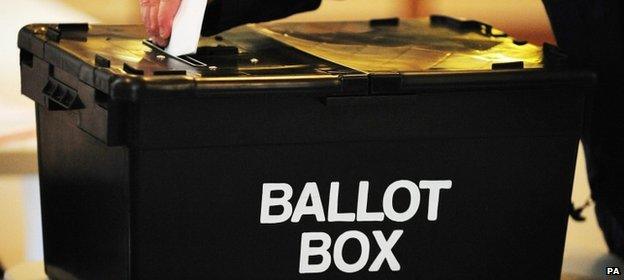
The speech set out plans for legislation to scrap the current 15-year time limit on UK citizens living abroad voting in Westminster and European elections. The government says it would make it easier for overseas electors to cast their votes in time to be counted, and encourage larger numbers of British citizens living abroad to register to vote in UK elections. Read more details on gov.uk, external

European Union (Finance) Bill
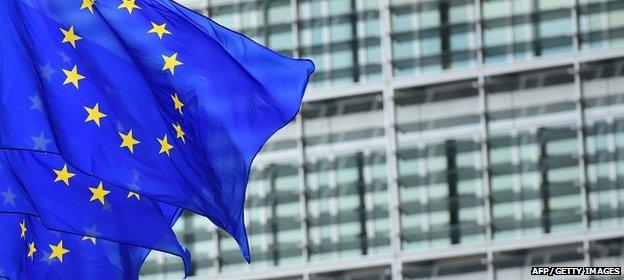
The purpose of this bill is to give UK approval to the financing aspect of the seven year EU Budget deal agreed in 2013, which saw a real-terms cut in EU spending. It would preserve the UK's rebate, and prevent new EU-wide taxes to finance EU spending, the government says. Read more details on gov.uk, external

Buses Bill
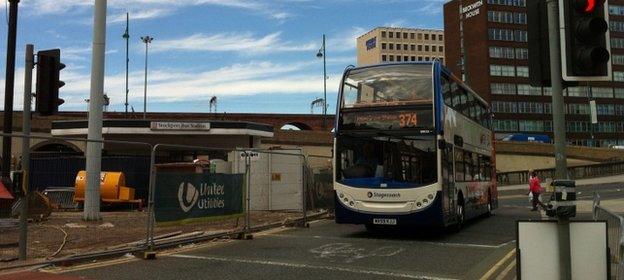
This bill would provide the option for combined authority areas with directly-elected mayors to be responsible for the running of their local bus services. The government says the move would allow cities to promote an integrated transport system. Read more details on gov.uk, external

Draft Public Service Ombudsman Bill
This is the one draft bill to feature in the Queen's Speech. It proposed to reform and modernise the Public Service Ombudsman sector to provide "a more effective and accessible final tier of complaints redress within the public sector". It would absorb the functions of the Parliamentary Ombudsman, the Health Ombudsman, and the Local Government Ombudsman and potentially the Housing Ombudsman.

... and what is not in the Queen's Speech?
Although it appears in the Queen's Speech, there is no legislation, either in full or draft form, on a British Bill of Rights. Instead, ministers will consult on the pros of replacing the Human Rights Act with a new legal framework of rights and responsibilities.
There is no mention of any plan to repeal the ban on hunting of wild mammals with hounds, in force since 2005. Ministers have suggested MPs will be given an opportunity to decide on the matter by 2020, and will be given a free vote.
- Published27 May 2015
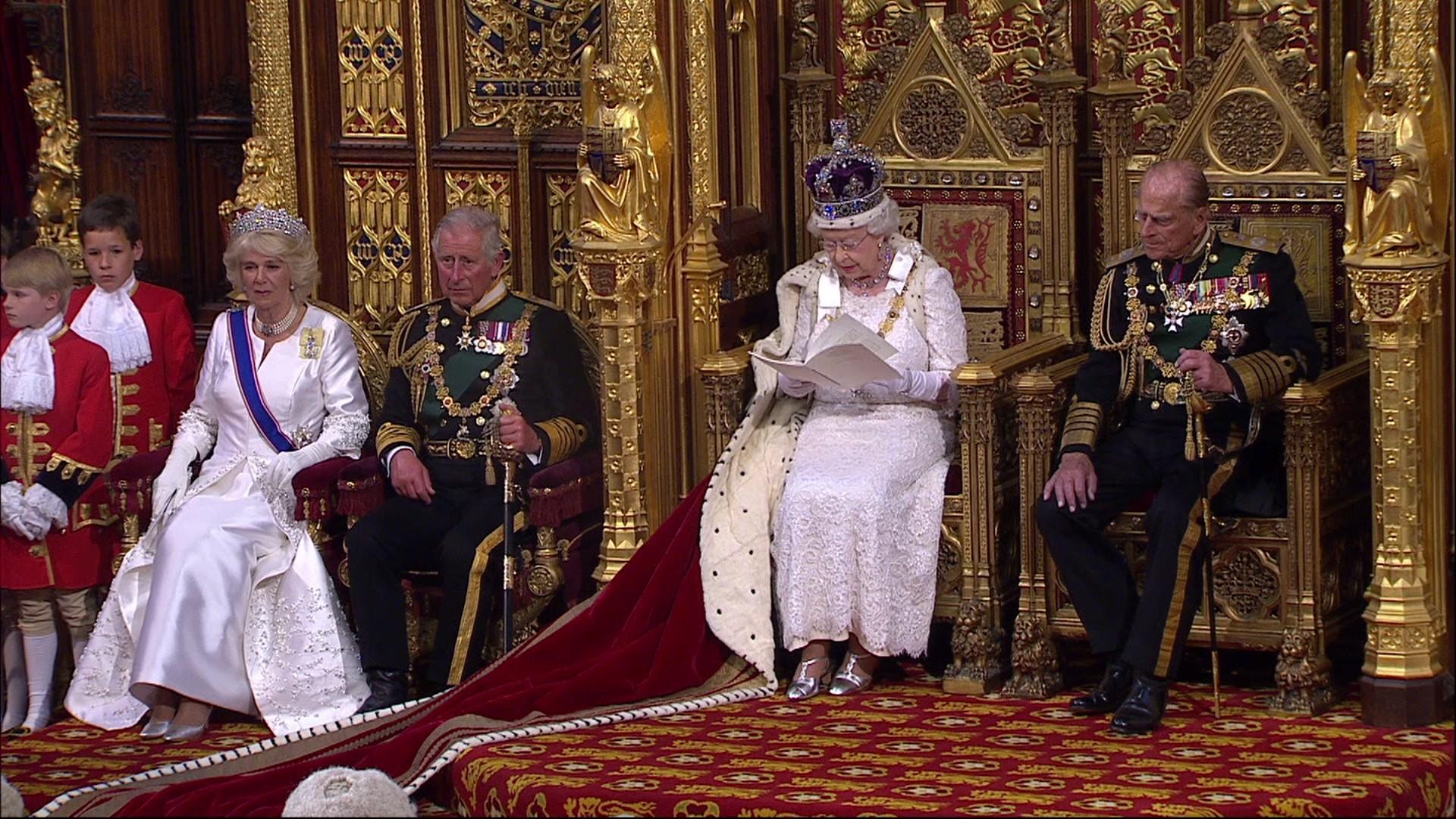
- Published27 May 2015
